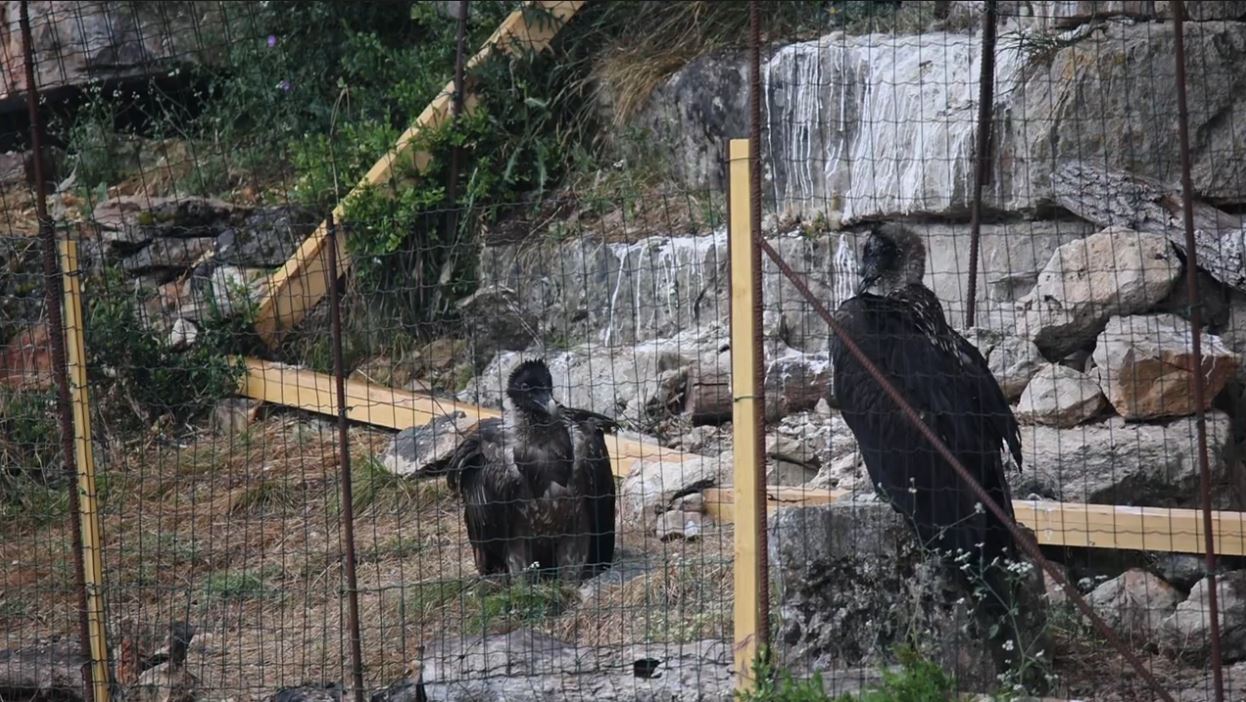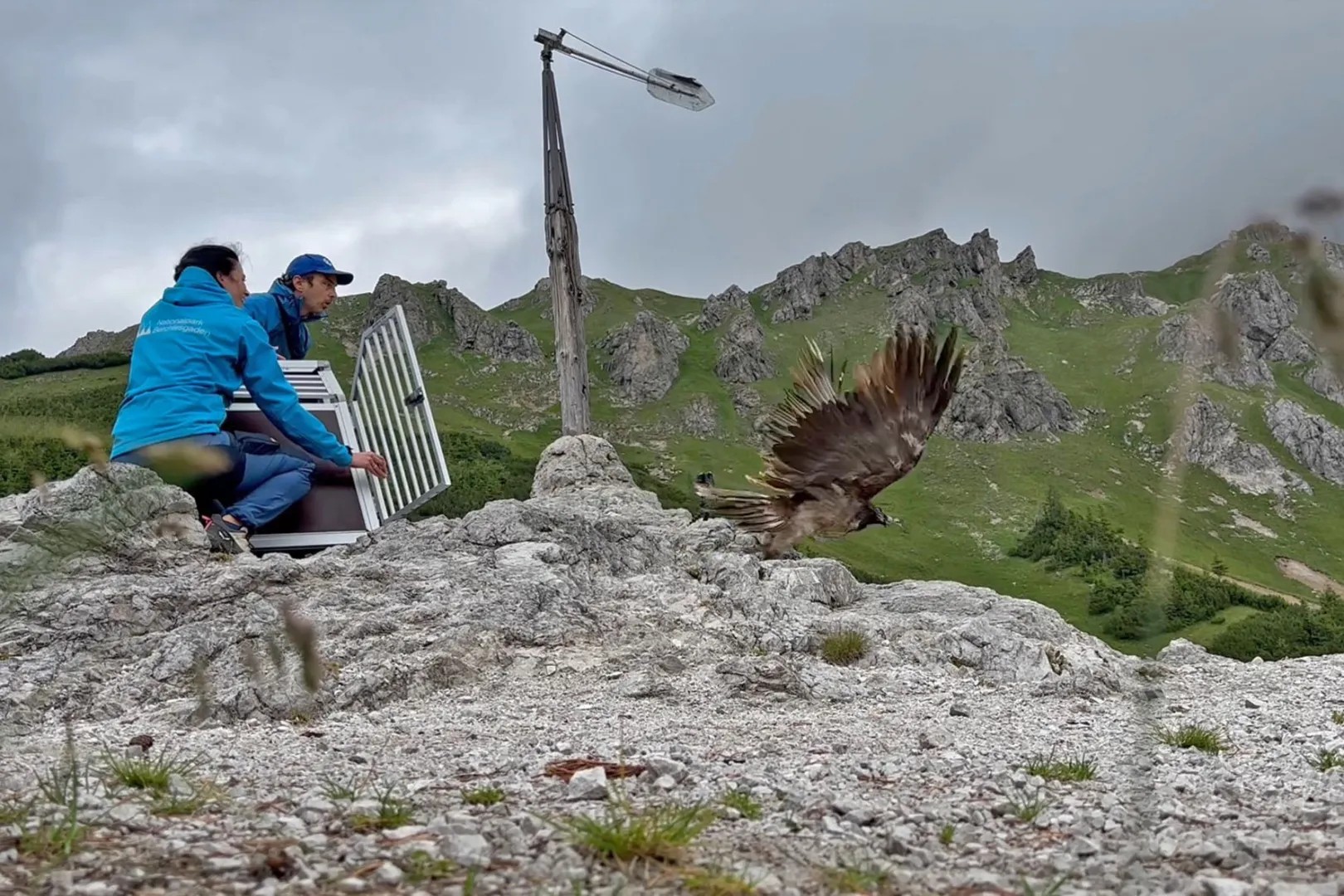As scavengers that often feed on the carcasses of domestic cattle, vultures can contact with residues of veterinary products that are administered to livestock. We now know that some of them can be lethal – veterinary diclofenac (an anti-inflammatory non-steroid drug- NSAID), for example, accounted for the 95% decline of all gyps vultures species in the Indian subcontinent, and is now on sale in Europe (see here).
Recent research also uncovered that other NSAID (fluxinin) has killed griffon vultures in Spain (see here), so any research that evaluates the risk of other veterinary drugs to vultures is very welcome.
Rafael Mateo et al. have now analysed 486 suspected cases of poisoning of scavenger species, including 24 cases related with bearded vultures (Gypaetus barbatus), that occurred in the Pyrenees and surrounding areas in Spain, as part of a monitoring programme on poisoning of wildlife
Over a third of all analysed cases where scavenger species were found dead within the distribution range of bearded vultures were indeed confirmed as poisoning, with organophosphates and carbamates being the most frequently detected poisons – suggesting that poisoning is still an important threat to this species in the Pyrenees.
Interestingly, four of the bearded vulture cases also tested positive for the presence of topical antiparasitics (3 with diazinon and 1 with permethrin), suggesting exposure to these veterinary pharmaceuticals is a reality and needed to be further investigated.
In order to confirm the risk of exposure of bearded vultures to topical antiparasitics, two dozen pig and lamb feet each from the region were analysed – these are indeed one of the main food resources provided to bearded vultures at supplementary feeding stations in the Spanish Pyrenees.
Pig feet showed no detectable residues of topical antiparasitics. In contrast, 71.4% of lamb feet showed residues of antiparasitics including diazinon (64.3%), pirimiphos-methyl (25.4%), chlorpyrifos (7.1%), fenthion (1.6%), permethrin (0.8%) and cypermethrin (27.8%). Although the detected levels of antiparasitics were relatively low (≤1 μg/g), the observed diazinon levels may affect thermoregulation in bearded vultures subject to chronic exposure, and therefore have an impact on the population.
Washing the feet with water significantly reduced levels of these topical antiparasitics, and the authors suggest this should be a recommended practice for lamb feet supplied at feeding stations for bearded vultures.
This new paper confirms that veterinarian drugs such as topical antiparasitics used in livestock could be an as yet overlooked cause of mortality and breeding impairment in this endangered species. The paper also suggests that establishing adequate systems to monitor residue levels of certain substances in carcasses found in the field is very important.
You can download the paper below.
![]() Rafael Mateo et al. 2015 Risk assessment of anti-parasitics for bearded vultures Anti-parasitic vet medicines & beaded vu Adobe Acrobat Document 1’012.6 KB Download
Rafael Mateo et al. 2015 Risk assessment of anti-parasitics for bearded vultures Anti-parasitic vet medicines & beaded vu Adobe Acrobat Document 1’012.6 KB Download



